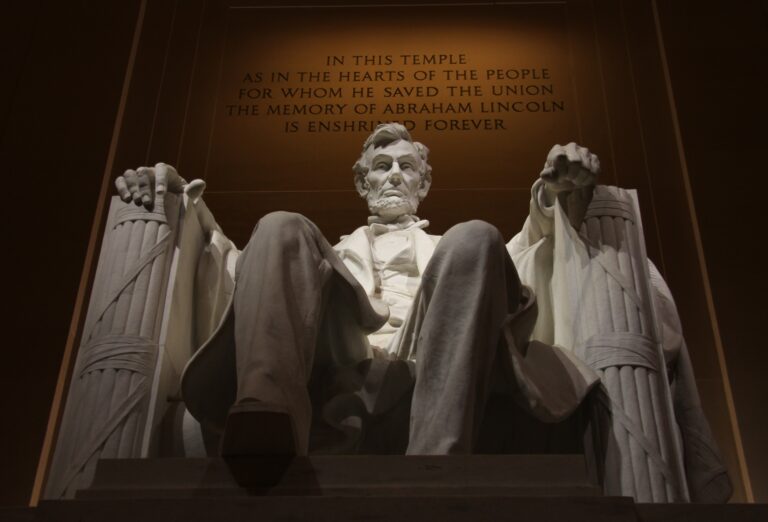While some critics claim that history curricula teach unnecessary content, others argue that these curricula need to be more comprehensive. Despite ongoing debates about content, one universal truth remains: strong history curricula are necessary for developing the productive citizens of tomorrow.
The greatest academic value that history curricula provide is not the recall of important dates and names. Rather, understanding the historical inquiry process is the most important component. This process teaches students how to become critical thinkers and understand the dynamic nature of the telling of history. In the words of the history-making Broadway production, Hamilton, this process not only teaches students “who lives, who dies” but also makes them understand that history is shaped by “who tells your story.”
Through strong history curricula, students are shown both a variety of primary and secondary sources and are taught to critique them. This is where the historical inquiry process begins. Students not only begin to analyze and ask questions about the content, but they also learn about the author’s credibility, the author’s potential bias, and the milieu surrounding the source. Students are then able to contextualize the information they learn and can think more critically about historical context and those who tell it.
With this pedagogical framework, students can then understand the causal relationship between human nature, values, philosophy, actions, and their consequences. It teaches students to recognize recurrent themes, major paradigm shifts, and lessons that are necessary to understand modern society. Most importantly, it teaches students to develop a healthy skepticism when presented with information today because our actions are history in the making.
Forty years ago, renowned scholar James Fitzgerald argued that no education is complete without the teaching of historical inquiry. He believed that the only way to move forward in life is to understand what’s behind us.
Today, this principle still holds true. Students take both the factual knowledge and the historical inquiry skills they learn in the classroom and apply them to real world circumstances. All of us benefit when our citizens have a strong understanding of the past, want to shape tomorrow, and apply these lessons to the present through civic engagement.
Throughout their lives, students who are taught with strong history curricula will take the lessons they learn from our predecessors and become involved, active, productive citizens who want to create a history that tomorrow’s students will be proud to learn about.





































